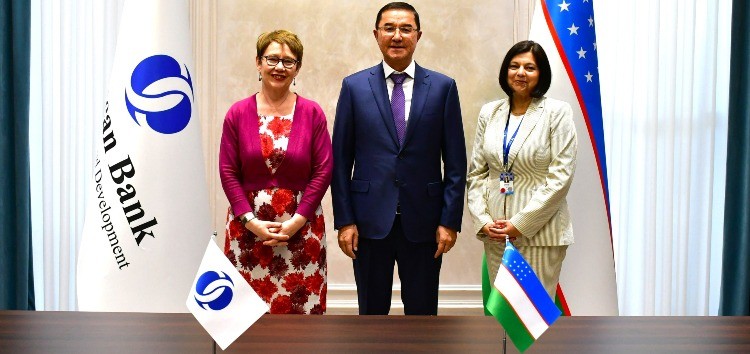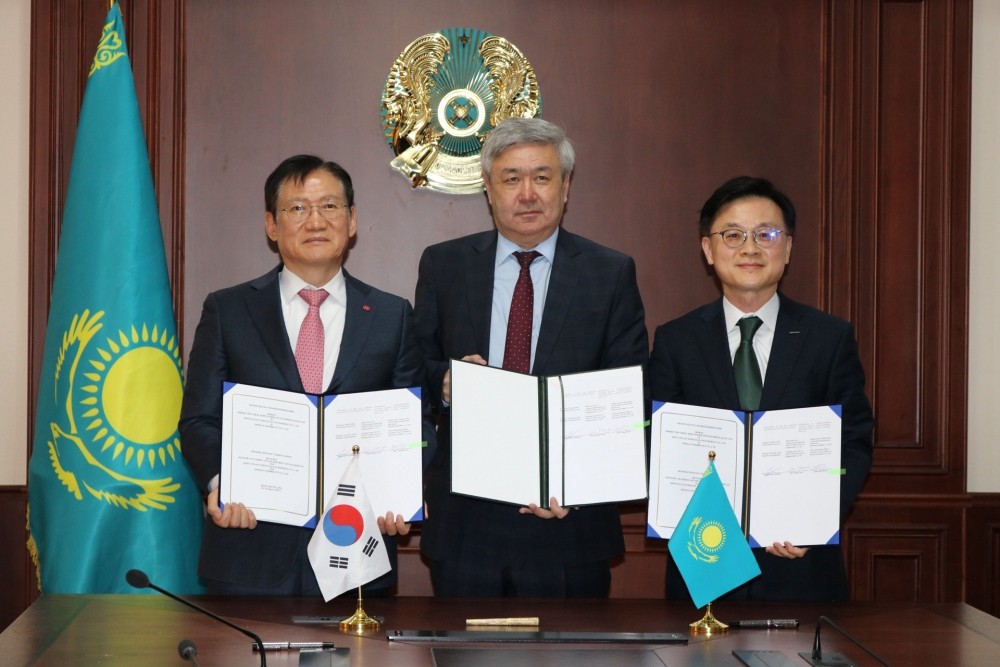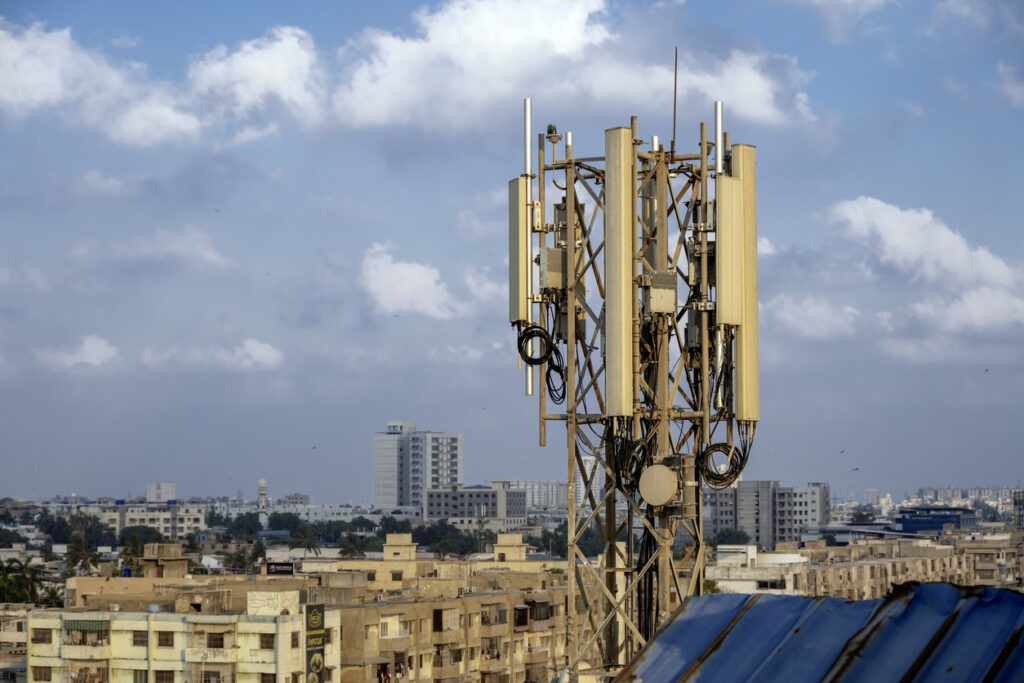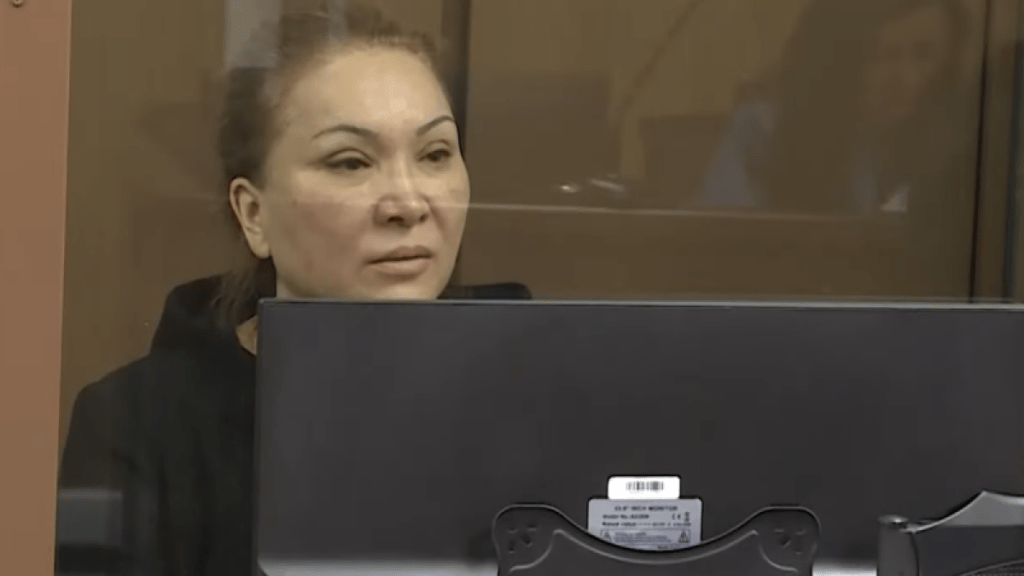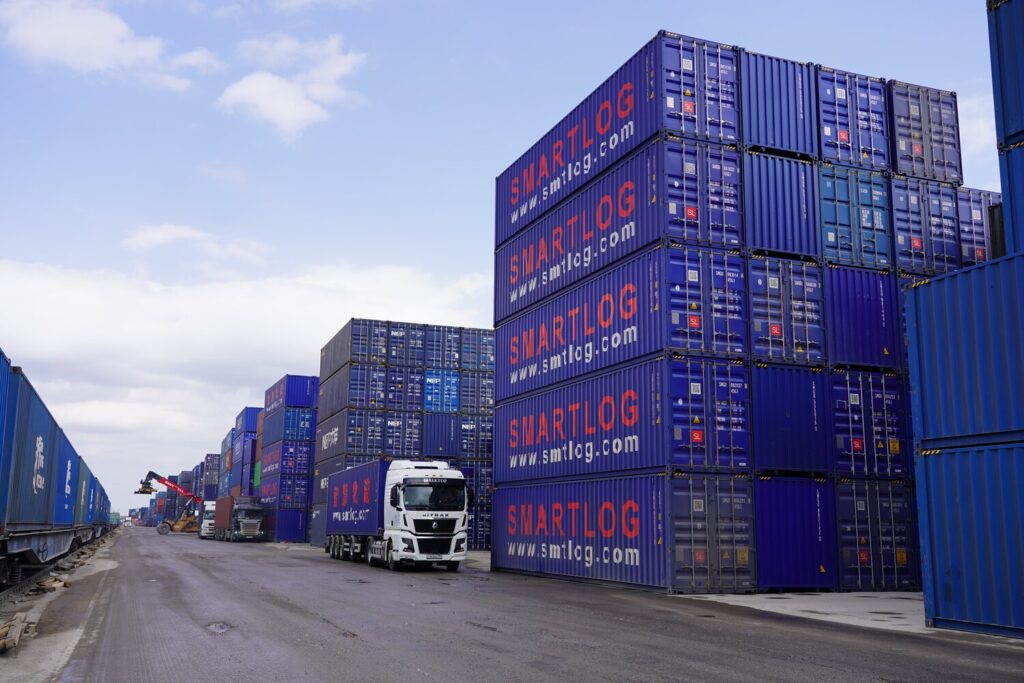Viewing results 1 - 6 of 2151
The Parliament of Kazakhstan has approved an increase in the cost of transit of Russian oil across Kazakhstan to China. At the same time, the volume of transportation will increase to ten million tons annually from the previous figure of seven. The document amends the agreement between Kazakhstan and Russia on the transportation of hydrocarbons through the territory of the Republic. The prior agreement was signed in December 2013. According to the new amendments, the tariff for transit on the pipeline section Tuimazy-Omsk-Novosibirsk (TON) will be set at $2.1 per ton, and through the territory of Kazakhstan - $15 per ton. According to Senator Suindik Aldashev, the agreement will be valid until January 1, 2034. Earlier, Kazakhstan Energy Minister, Almasadam Satkaliev said that Rosneft has signed an agreement with SNPS-Aktobemunaigas, which is controlled by the China National Petroleum Corporation (CNPC), to supply 100 million tons of oil over a period of ten years. The extension of the agreement will ensure that the Pavlodar petrochemical refining plant will be loaded with oil that comes through the Omsk-Pavlodar pipeline. It's forecasted that the Kazakh side's profit from transportation tariffs could reach $1.7 billion.
On 2 May, the European Bank for Reconstruction and Development (EBRD) announced the allocation of a loan of up to $238 million (€224 million) towards the renovation of around 81 km of the 4R156 road, as well as the construction of a bridge across the Amu Darya River in the Khorezm region of western Uzbekistan. The road is a strategically important section of the Central Asia Regional Economic Cooperation Corridor 2a, linking the region’s administrative centre, Urgench, with the A380 road to Kazakhstan. The loan will transform the current single-carriageway category-II road into a dual-carriageway category-I road, and in addition, help upgrade supporting infrastructure along the 4R156 road. Once completed, the new road with its much-improved throughput capacity, will stimulate both trade and tourism in Khorezm. EBRD President Odile Renaud-Basso commented: “We are supporting this project because it meets our strategic objectives for Uzbekistan and Central Asia. It is also part of the global transport and logistics infrastructure solutions covered by the European Union’s (EU) Global Gateway initiative.” In January 2024, at the Investors Forum for EU-Central Asia Transport Connectivity in Brussels, the EBRD expressed its readiness to invest around €1.5 billion in Trans-Caspian Corridor-related infrastructure and associated transport solutions over the next 2-3 years.
At the end of April, a Memorandum of Understanding was signed by the Ministry of Energy of Kazakhstan, KEPCO and Doosan Enerbility regarding the South Korean companies’ investment in modernizing Kazakhstan’s GRES Topar power plant and power plants in Astana, Almaty, and Pavlodar. Kazakh Invest welcomed the Korean partners’ pledge to provide innovative environmental solutions to increase the plants’ productivity. In support of the initiative, Kim Jung-Kwan, Senior Vice President of Doosan Enerbility, commented, "The environmental solutions of KEPCO and Doosan Enerbility are optimal for the government of Kazakhstan, which seeks to reduce the level of air pollution in the country. After signing this memorandum, we will work together to contribute to the development of environmentally friendly energy projects in Kazakhstan.”
Kazakhstan's Ministry of Digital Development says that work has been completed on an interface station for the OneWeb non-geostationary communication network at the Kokterek Space Services Center. Officials expect to achieve technical readiness to provide commercial services this year. Work is also continuing on infrastructure at the Spacecraft Assembly and Test Complex in Astana. A project to build a constellation of medium-resolution satellites for remote sensing of the Earth has also been launched, with plans to replace the current KazEOSat-2. This new equipment will be used in various fields, including agriculture, emergency management and sustainable use of natural resources. EutelSat OneWeb is a unit of the EutelSat Group that provides broadband internet access using low Earth orbit (LEO) satellites. It was founded in 2012. At different times, Airbus, Qualcomm, Virgin Group and others have acted as investors in the company. In the spring of 2020, OneWeb filed for bankruptcy because it failed to agree with Japan's Softbank on a round of financing totaling $2 billion. Later, the company was saved by the British government, India's Bharti Global and EutelSat, before the latter company merged with OneWeb in September of 2023. It has been reported that villages in Kazakhstan have gained access to satellite internet from Starlink, one of Elon Musk's companies. Over 170 rural settlements are connected to the KazSat network, which provides broadband access to more than 17,000 people. The initiator of the joint project, minister of digital development Bagdat Musin, was fired on April 30 amid a scandal involving the leak of personal data of Kazakh citizens.
The Anti-Corruption Service of Kazakhstan has completed its investigation into the criminal case against Gulmira Satybaldy - the ex-wife of Kairat Satybaldy - nephew of former President of Kazakhstan, Nursultan Nazarbayev. Ms. Satybaldy is accused of illegal imprisonment, extortion on a large scale, and arbitrariness which led to grave consequences. The criminal case was transferred to a specialized court in Almaty. According to law enforcement agencies, other information is not subject to disclosure at this juncture. Gulmira Satybaldy was originally detained by the anti-corruption service on March 16, 2022, accused of abductions and aiding the commission of a crime. A year ago this month, she was sentenced to seven years, but has since been incriminated in further crimes. Gulmira Satybaldy's ex-husband, Kairat, was convicted of abuse of power and embezzlement of funds from the state company, Kazakhtelecom. According to official data, since 2022 he has repatriated more than 700 billion tenge ($1.58 billion) worth of illegal assets to the state.
Kazakhstan’s national railways company Kazakhstan Temir Zholy (KTZ), Russia’s Slavtrans-Service JSC, and China’s Xian Free Trade Port Construction and Operation Co., Ltd have begun construction on a new transport and logistics center, CRK Terminal, at Selyatino station in the Moscow region. The new logistics hub is designed to develop direct transport links between the Kazakh-Chinese terminal in Xi'an (China), Russia and other countries. In 2023 the volume of cargo transported by rail between China and Russia through Kazakhstan amounted to 3.8 million tons, an increase of 35% compared to 2022. In the first quarter of 2024, transit traffic along the China-Russia-China route remained at a stable 0.9 million tons.



